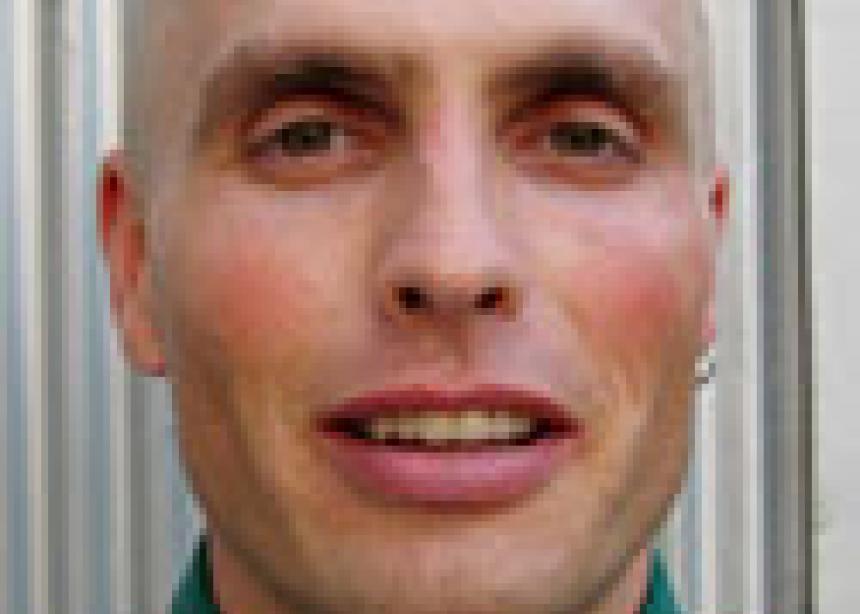Charles de Foucauld was humble.
You don’t often hear people described that way. Humility is a fading art. In our age, Christian organizations shout their good works from rooftops, many Christian leaders seek all the attention they can get, philanthropy glorifies ostentatious wealth, and more Christians seek self-fulfillment than self-denial.
All this makes the story of de Foucauld—who devoted himself to “humble labour and profound obscurity”—both bizarre and instructive. Born into an aristocratic family in 1858, he was a French army officer and explorer in North Africa before becoming a monk. He felt called to imitate the “hidden life” of Jesus as a common labourer in backwater Nazareth before his public ministry began.
In pursuit of this calling, de Foucauld worked at a convent in Nazareth, a “poor servant to poor nuns,” as he put it in his personal writings, which were compiled into the 1966 book, The Spiritual Autobiography of Charles de Foucauld. In Nazareth, he was “unknown, inordinately poor, lowly.” He imagined that people would take him for a “labourer of the lowest kind,” an “outcast,” or perhaps the “son of a criminal.”
It all sounds so odd now, in a time when Christians commonly try to make as big a “difference” as possible and then tell as many people as possible about it.
Brother Charles, as he was known, resolved “to embrace humility, poverty, abandonment.” He resolved “to reckon as nothing human greatness . . . and to give equal honour to the poorest man as to the richest, . . . to seek always the very lowest place.” He lived out Jesus’ teachings about serving others, denying oneself and not taking the seat of honour.
He eventually retreated to the Sahara to live among the Tuareg people. His vision was to start an order of monks that would lead humble, obscure lives. Fittingly, perhaps, that when he died a martyr in 1916 no one had joined him in the desert to pursue this mission. Today, though, hundreds of Little Brothers of Jesus and Little Sisters of Jesus, inspired by Brother Charles, live in small groups in the forgotten corners of the world, common labourers exemplifying the humble servanthood of Jesus.
I am drawn by the story of Brother Charles and the example of the Little Brothers and Little Sisters, one of whom my wife and I visited in Mexico City in 2008.
But, alas, I am also drawn by the allure of achievement, accolades and upward mobility. I like getting e-mails from “important” people, I like winning awards for writing, and I treat intellectually engaging people differently than uneducated people.
That’s why I try to let stories like de Foucauld’s seep into my soul. I think we, as churches, need to hold such stories before us. I think we can further nurture humility by celebrating people more than achievements—not everyone graduates, gets married or wins awards, but everyone has a birthday—by refraining from public acknowledgment of donations. Jesus said not to let our left hand know what the right is doing, let alone put up plaques and publish smiley photos of donors. Or, in the words of de Foucauld, “[Have] infinite regard for the most unimportant, humble and unsophisticated people.”
Humility has long been an Anabaptist strength. Last fall, when I was speaking with an Amish bishop, he talked with great enthusiasm about his neighbours from a more conservative Amish group. “They’re so humble,” he said with amazement. It sounded so unusual, but it made me think that it’s the only accolade for which I should ever strive.
Will Braun attends Hope Mennonite Church, Winnipeg, Man. He can be reached at wbraun@inbox.com.




Add new comment
Canadian Mennonite invites comments and encourages constructive discussion about our content. Actual full names (first and last) are required. Comments are moderated and may be edited. They will not appear online until approved and will be posted during business hours. Some comments may be reproduced in print.